Mozambique has the highest road accident rates in Southern Africa - Minister
Watch: The silence(s) undermining citizenship in Mozambique – Elísio Macamo
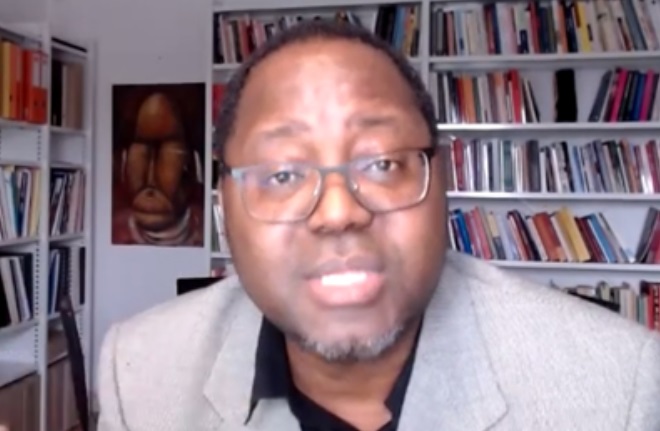
Photo: IMD
Mozambican academic Elísio Macamo said recently in Maputo that there is no better expression of the democratic spirit than its celebration through debate, not only as freedom of expression and of different ideas, but linked to the exercise of citizenship which guarantees political participation and allows each of us to influence the decisions which affect our lives.
Speaking in a debate on Dialogue, Criticism and Interculturalism, held as part of the celebration of the 30th anniversary of multiparty democracy in the country, Macamo stressed that the debate itself does not make democracy, but without debate democracy is poorer and loses its meaning.
“The fragility of our democracy lies in the irrelevance of debate,” the academic said, stressing that we have a way of approaching democracy which seems problematic, since “we slow it down [democracy] as if it were something we are going to buy at the supermarket to wear so as to become democratic. We have to see democracy as a result of social processes: it does not precede anything.”
Elísio Macamo gave as examples of our weak civic condition the terrorism in Cabo Delgado and attacks associated with the self-proclaimed Renamo Military Junta. For him “we are free Mozambicans, but we are not citizens; we can speak freely, but what we say does not influence political decisions”.
Inspired by the Marxist concept of political economy, Macamo says that what undermines our citizenship in Mozambique, even though we live in a context of a multiparty democracy, is silence, which is functional for the reproduction of a castrated democracy, a democracy which is not a democracy of the citizen, but of a nucleus of individuals devoid of something fundamental to their own identity.
The academic observes that, in the political economy of silence in our republic, born in the proclamation of independence in 1975, two types of silence are prevalent: “the complicit silence of the labourers of our freedom, who cultivate the reduction of a diverse history to a narrative which it justifies through the prerogative of the power of the people, and the voluntary silence, that in which someone just speaks only to echo the official discourse.”
For Macamo, at this stage, the political economy is characterised by the reproduction of a sense of citizenship hostage to a particularist political project with a universalist ambition.
The second moment is that of democratic openness, which we are celebrating today, where silence also presents itself in two ways. There is an embarrassed silence and the conniving silence, which consists in accepting without resistance the appropriation of the State. In addition to this silence we also find, in the third moment, the cowardly silence and the indifferent silence, which consists of civic apathy.
“These phenomena cause our democracy to be deficient, because it castrates us instead of materialising itself through the debate which constitutes us as citizens,” Professor Macamo said.
On the same occasion, Ossman Cossing, Project Manager at the Institute for Multiparty Democracy (IMD), said that the gains achieved over the 30 years of multiparty democracy are visible, giving as examples the materialisation of political pluralism with the emergence of several political parties; the widening of the civic space with the emergence and multiplication of civil society organisations; the cyclical holding of multiparty elections; and achievements related to freedom of expression and of the press which have driven the emergence of various media in the country.
Ossman Cossing pointed out, however, that there are still several challenges related to improving the quality of our democracy, which necessarily involve consolidating peace, stability and national reconciliation, integrity in electoral processes, ensuring respect for the rights and freedoms of the citizen, fighting political intolerance and assuring the effective separation of powers and dividing the functioning of democratic institutions.
“We believe that one of the important tools to overcome these challenges is dialogue and openness to criticism,” said Crossing. It was to looking at this assumption that the debate on the 30 years of multiparty democracy in Mozambique was extended to the academic class, to seek from them their feeling about issues related to dialogue, criticism and multiculturalism.


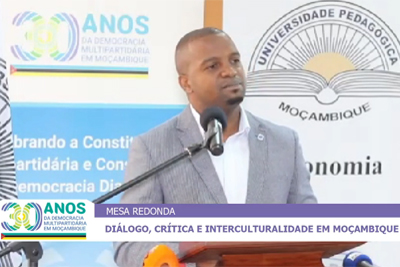

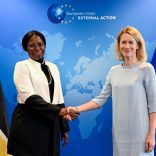

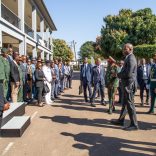

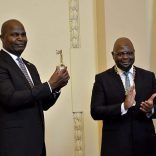



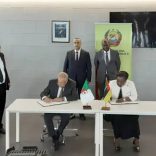

Leave a Reply
Be the First to Comment!
You must be logged in to post a comment.
You must be logged in to post a comment.